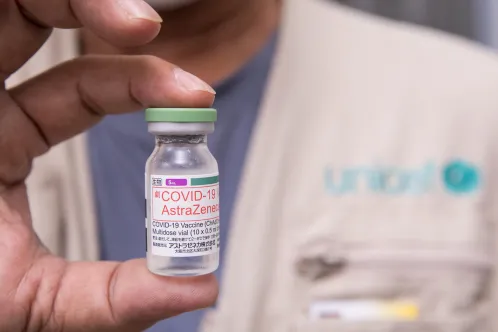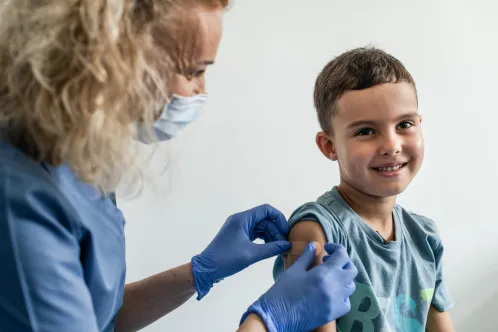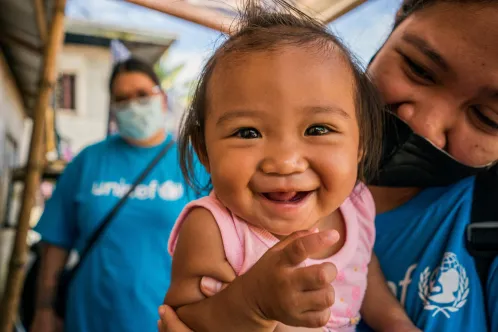Immunization: one of the most effective ways to keep children healthy
Vaccines save lives
Thanks to vaccines, severe and life-threatening diseases like polio, measles and smallpox can easily be prevented. Vaccines are one of the cheapest means to ensure children, families and communities stay healthy and safe. When children are immunized, they do better at school, and they have greater opportunity to just be a child.
But far too many children in the world are not being vaccinated, and the COVID-19 pandemic only added to those numbers. Around 25 million children are now missing out on life-saving vaccines every year, placing them at risk from devastating and entirely preventable diseases like measles and whooping cough.
UNICEF is working tirelessly to make sure that children, regardless of where they are, have access to the vaccines they need to grow up and reach their full potential.
How UNICEF is helping vaccinate children
With the help of our partners and donors, UNICEF reaches almost half of the world’s children every year with life-saving vaccines. We work with governments, organizations and other United Nations agencies in over 100 countries to engage communities, acquire and distribute vaccines, keep supplies safe and effective, and help ensure affordable access for even the hardest-to-reach families.
Vaccinating the hardest to reach
Many of the world’s unvaccinated and under-vaccinated children live in countries affected by conflict and crises. No matter how challenging or remote the setting is, we find new ways to reach the children, adolescents and mothers most at risk of life-threatening diseases and outbreaks.
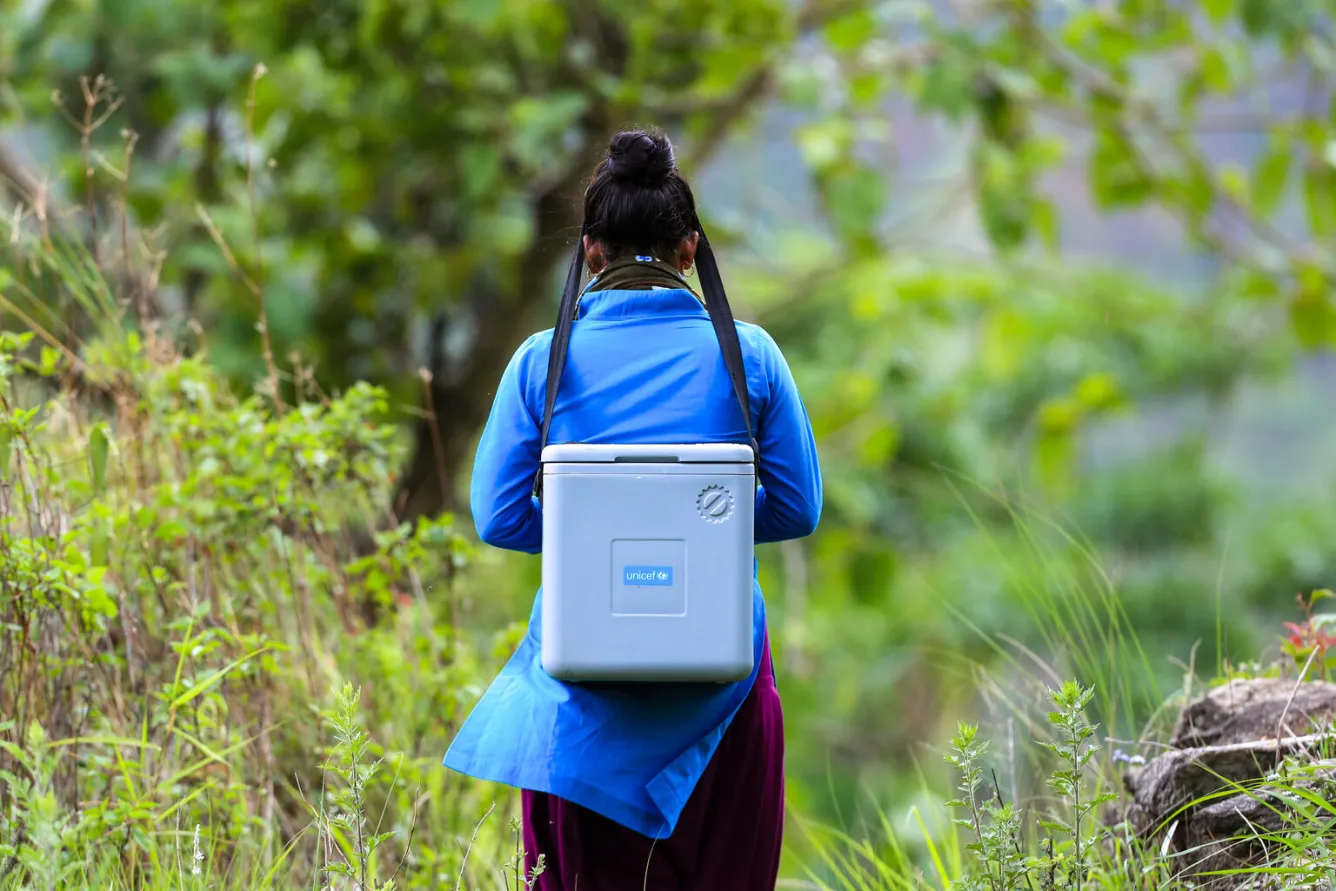
Eliminating preventable diseases
UNICEF is a leading partner of the Global Polio Eradication Initiative (GPEI) which helps vaccinate over 400 million children globally against polio every year. Since 1988, the number of children affected by polio has reduced by 99 per cent. Our work to vaccinate people against measles, rubella and tetanus are also bringing us closer to eliminating these devastating diseases in most geographic areas.
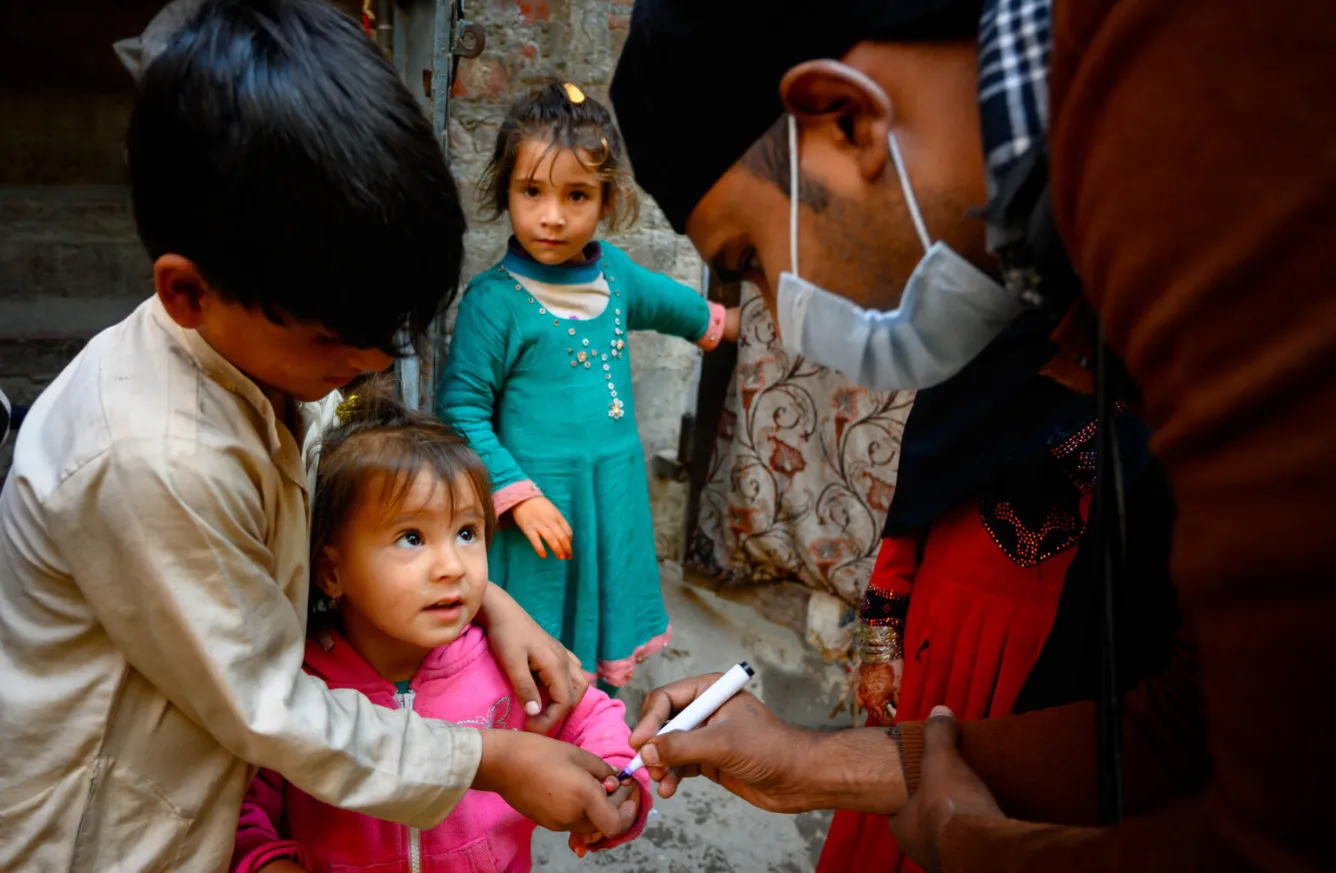
Ensuring vaccine equity
As one of the world’s largest buyers of vaccines, UNICEF is able to negotiate the lowest prices, allowing us to cut costs, increase efficiency and bring more vaccines to children and families. We work in communities to promote vaccine acceptance and other health services. We also help countries track and identify misinformation to rapidly debunk myths and potential vaccine hesitancy.
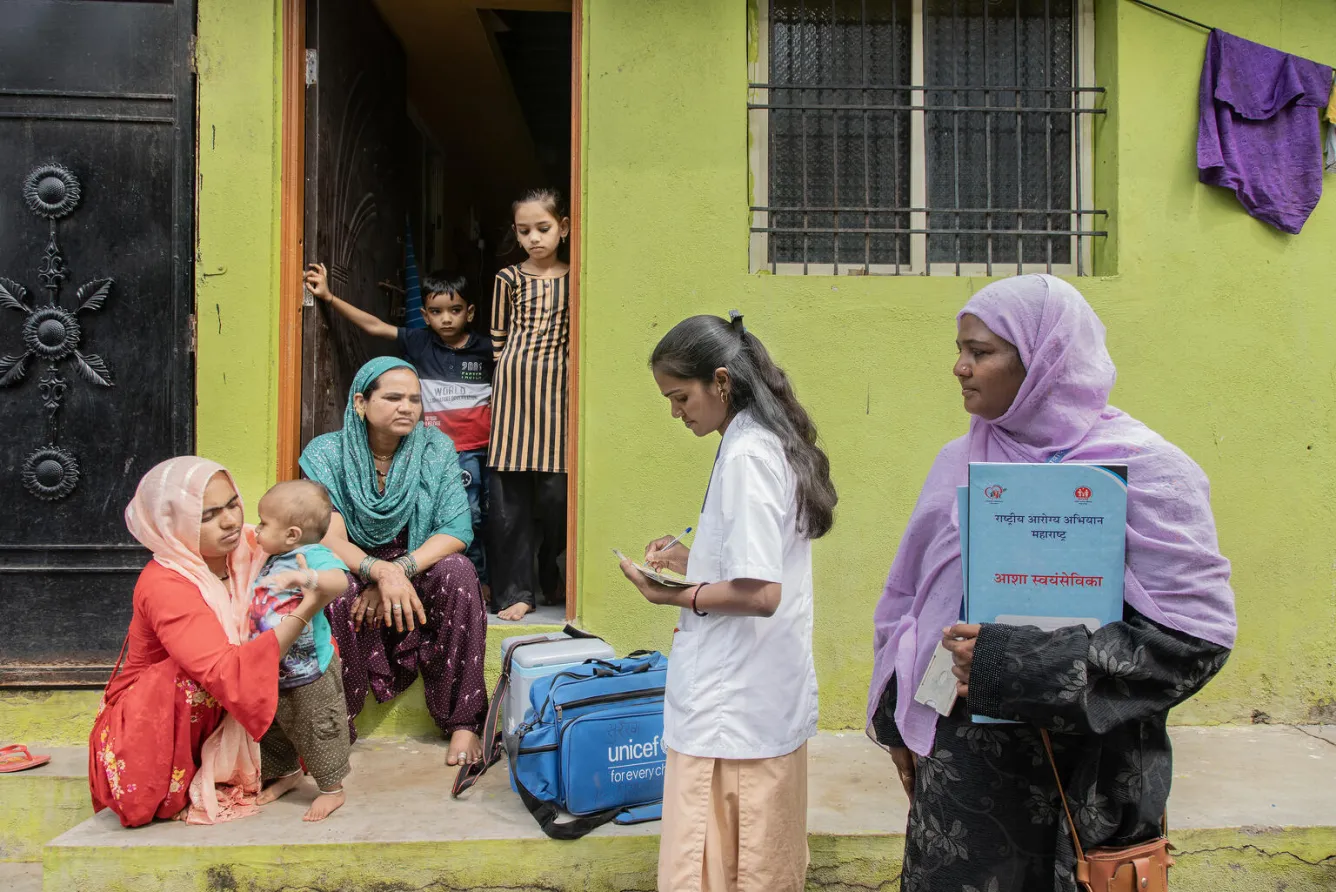
Common questions about vaccines
What are vaccines?
Vaccines are products that are usually given in childhood to protect against serious, often deadly diseases. By stimulating your body’s natural defenses, they prepare your body to fight the disease faster and more effectively.
How do vaccines work?
Vaccines help your immune system fight infections more efficiently by sparking your immune response to specific diseases. Then, if the virus or bacteria ever invades your body in the future, your immune system will already know how to fight it.
Are vaccines safe?
Vaccines are very safe. All vaccines go through rigorous safety testing, including clinical trials, before they are approved for the public. Countries will only register and distribute vaccines that meet rigorous quality and safety standards.
Why are vaccines important?
Vaccines save around 2 to 3 million lives a year. They help protect people from diseases that can cause serious harm or death, especially in people with developing immune systems like infants.

